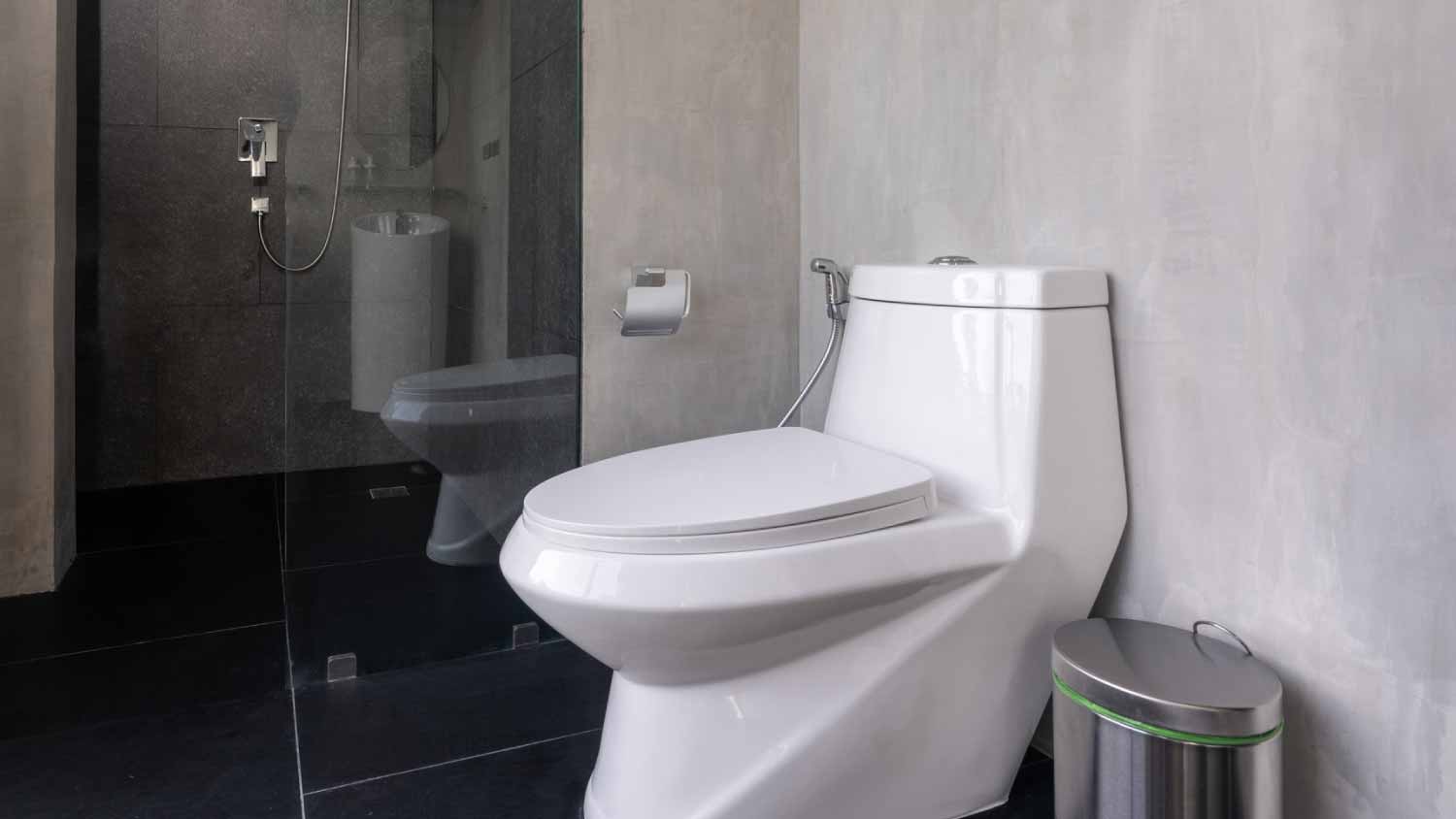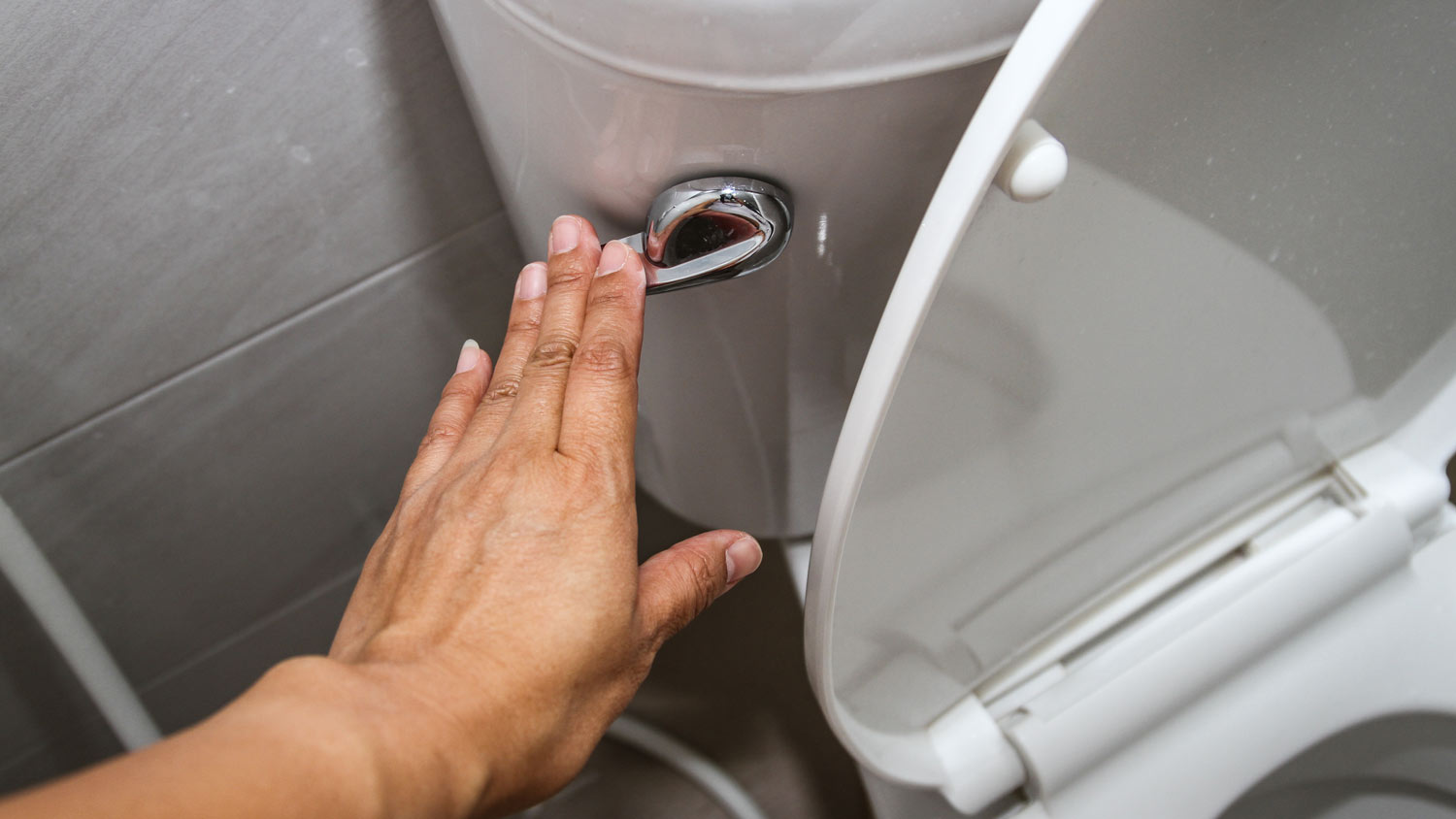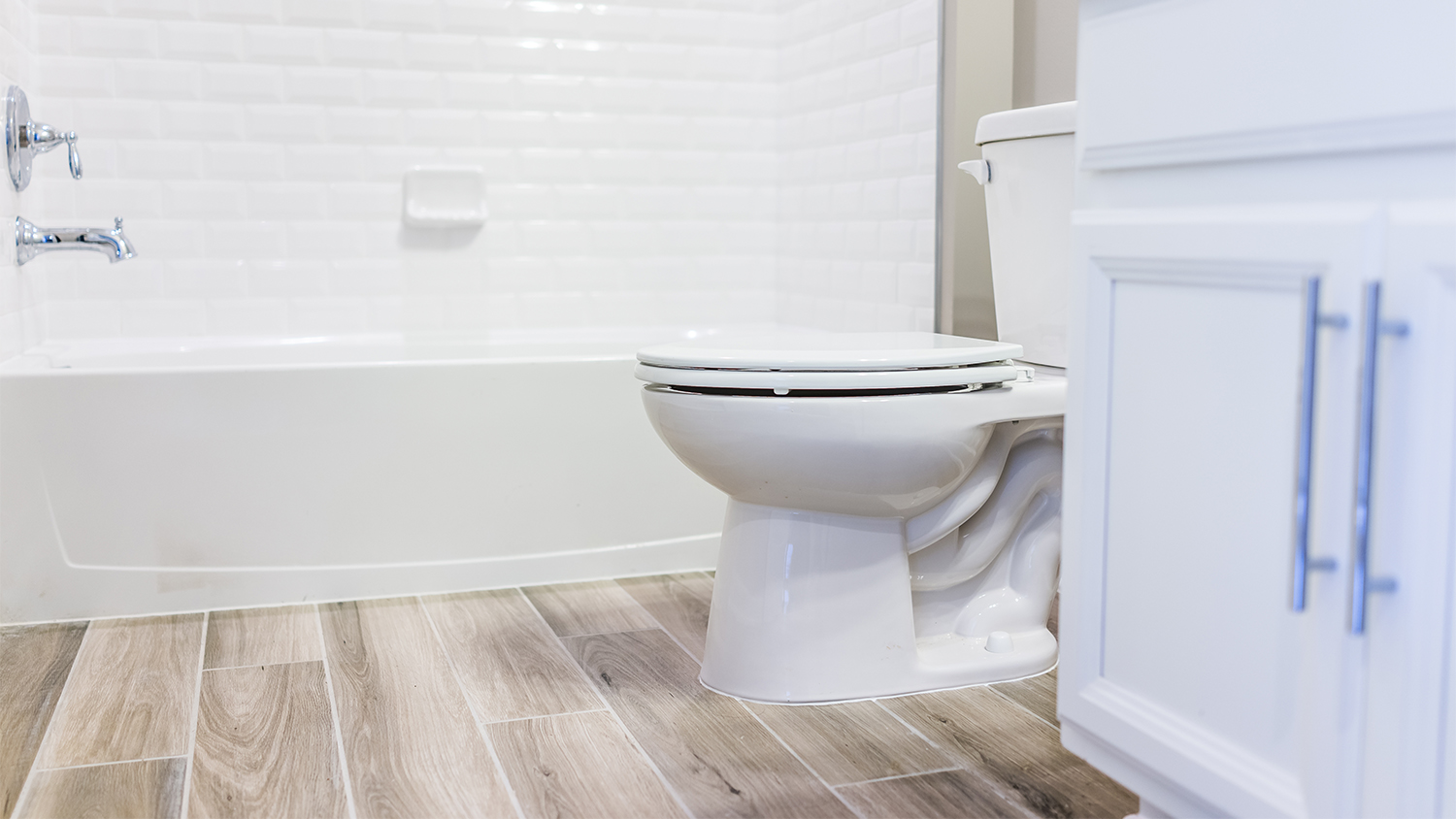
Get matched with top septic tank pros in Ridge Spring, SC
Enter your zip and get matched with up to 5 pros
Need a pro for your septic tank service project in Ridge Spring, SC?
TRUSTED BY RIDGE SPRING, SC HOMEOWNERS
4.8
Average homeowner rating32
Verified septic tank services reviews
Verified Reviews for Septic Tank Service pros in Ridge Spring, SC
*The Angi rating for Septic Tank Service companies in Ridge Spring, SC is a rating based on verified reviews from our community of homeowners who have used these pros to meet their Septic Tank Service needs.
*The HomeAdvisor rating for Septic Tank Service companies in Ridge Spring, SC is a rating based on verified reviews from our community of homeowners who have used these pros to meet their Septic Tank Service needs.
Last update on December 08, 2025
Find Septic tank pros in Ridge Spring
Twin Systems LLC
Twin Systems LLC
Family owned business located in Aiken SC
Family owned business located in Aiken SC

Apex General and Mechanical Contracting LLC
Apex General and Mechanical Contracting LLC
With over 20 years of experience in the heating and air conditioning field we are here to help our communities in the CSRA.
"Very efficient"
Loretta A on July 2022
With over 20 years of experience in the heating and air conditioning field we are here to help our communities in the CSRA.
"Very efficient"
Loretta A on July 2022

Septic Works LLC
Septic Works LLC
At Septic Works LLC, we take pride in having been serving clients across the US with septic tank inspection, septic tank repair, septic tank pumping, septic tank installation, engineered septic system, alternative septic systems, and porta potty rentals for 20 years. Our prices are competitive and all residential, commercial, and municipal clients seek our specialized services. Our septic inspectors are licensed and insured, well trained with extensive knowledge and practical experience. Our customer service agents are available anytime you need any help or emergency service at 912-666-2210
At Septic Works LLC, we take pride in having been serving clients across the US with septic tank inspection, septic tank repair, septic tank pumping, septic tank installation, engineered septic system, alternative septic systems, and porta potty rentals for 20 years. Our prices are competitive and all residential, commercial, and municipal clients seek our specialized services. Our septic inspectors are licensed and insured, well trained with extensive knowledge and practical experience. Our customer service agents are available anytime you need any help or emergency service at 912-666-2210

Kings Of Hope Inc.
Kings Of Hope Inc.
Debris removal Land clearing excavator needs demolition stump/tree removal drains pond dredging
"It was excellent. The owner of the company is professional, on time, and all around very mannerly. I highly recommend them and use them in the future. Prices are reasonable."
Shanna J on August 2021
Debris removal Land clearing excavator needs demolition stump/tree removal drains pond dredging
"It was excellent. The owner of the company is professional, on time, and all around very mannerly. I highly recommend them and use them in the future. Prices are reasonable."
Shanna J on August 2021
Jesse's Well and Pump Repair
Jesse's Well and Pump Repair
Locally owned small business. We put our customers first and strive for excellent and satisfaction for our customers! Contact us today
"I called on sunday and he was on site in little over an hour. He had all the parts necessary and had the work done in about 30 mins or less. Was very professional and polite. Answered all questions I asked. I can't say enough on how much I appreciated his work. If we have anymore issues we will definitely call him again."
Teri T on September 2021
Locally owned small business. We put our customers first and strive for excellent and satisfaction for our customers! Contact us today
"I called on sunday and he was on site in little over an hour. He had all the parts necessary and had the work done in about 30 mins or less. Was very professional and polite. Answered all questions I asked. I can't say enough on how much I appreciated his work. If we have anymore issues we will definitely call him again."
Teri T on September 2021
Wicked Web Design & SEO
Wicked Web Design & SEO
Want an Awesome looking website that also Ranks in the search engines? If you're expecting for it to generate new customers it's vital potential customers find it when they search. This is called Search Engine Optimization. Everyone and their brother are building websites these days, and ironically they are all SEO experts. Most people are smart enough to figure out this isn't true. We are 100% from the United States. Our team is comprised of Graphic Designers, a content writer and one of the Best SEO's in the Country. We have hundreds of #1 Rankings for some of the hardest search terms available. Ask to see some samples. Wicked Web Design is a division of Justin Monk SEO. It became a division to full-fill the entire package. Anyone can build a website, but if the on-page optimization isn’t done correctly the website will never rank. The customer then is forced to pay to have it re-done. Here’s where it gets tricky. Everyone says they are good at SEO, when actually very few are. It definitely isn’t fair to you the customer. Please do your homework and check their rankings. If they don’t have rankings chances are they aren’t very good. We rank in every city we have targeted. Ask to see the list. Awesome web Design mixed with Dominating SEO is a combination any company looking to destroy their competition can’t go without. Please allow extra time for our website (Visit Website) to load, the Demo is displaying all features available which dramatically slow down the loading speed. All the features are displayed so you can choose which ones you want for your website which will be much faster.
Want an Awesome looking website that also Ranks in the search engines? If you're expecting for it to generate new customers it's vital potential customers find it when they search. This is called Search Engine Optimization. Everyone and their brother are building websites these days, and ironically they are all SEO experts. Most people are smart enough to figure out this isn't true. We are 100% from the United States. Our team is comprised of Graphic Designers, a content writer and one of the Best SEO's in the Country. We have hundreds of #1 Rankings for some of the hardest search terms available. Ask to see some samples. Wicked Web Design is a division of Justin Monk SEO. It became a division to full-fill the entire package. Anyone can build a website, but if the on-page optimization isn’t done correctly the website will never rank. The customer then is forced to pay to have it re-done. Here’s where it gets tricky. Everyone says they are good at SEO, when actually very few are. It definitely isn’t fair to you the customer. Please do your homework and check their rankings. If they don’t have rankings chances are they aren’t very good. We rank in every city we have targeted. Ask to see the list. Awesome web Design mixed with Dominating SEO is a combination any company looking to destroy their competition can’t go without. Please allow extra time for our website (Visit Website) to load, the Demo is displaying all features available which dramatically slow down the loading speed. All the features are displayed so you can choose which ones you want for your website which will be much faster.
Addie's Septic Tank
Addie's Septic Tank
Addie's Septic Tank
Addie's Septic Tank

Twin Systems LLC
Twin Systems LLC
Twin Systems, LLC is proud to be a fully Licensed, Bonded, and Insured Veteran Owned Business. We take pride in employing only professional, honest, and highly qualified Service Technicians, who are able to install, maintain, and repair Total Water Systems, including, but not limited to: •Water Treatment Systems •Residential Fire Sprinkler Systems •Radiant Heating •Irrigation Systems •Backflow Prevention •Mobile Hot Water •Water Heaters •Piping System Troubleshooting •Heat Recovery Systems •Green Plumbing Systems
"Initial install of building sewer, water lines and bathroom toilet and sink went very well. Our problem began with the two small inline under the sink hot water heaters which they provided under their contract and installed. Both heaters, however, exceeded the electrical capacity of the building both in amperage and wire gauge, but were installed regardless, but not tested. Our breakers would flip within a minute after turning on the hot water. We requested that the hot water heaters be replaced with something that met the electrical specs. After 3 months of requesting recommendations for a solution, none was provided. In order to move ahead with the final building inspection I purchased two small under the sink small (2 gallons or less) hot water heaters for under $300.00 (total) and had Twin Systems install. Big mistake! I did not expect a bill for this rework (at least not for the labor) but was charged $900.00 ($875.00 of which was for labor to install the two heaters that I had provided). Furthermore, one replacement heater still remains unworkable since the cord requires a plug which Twin Systems cannot connect since they do not do electrical work, and suggested that I hire an electrician. I was never provided an estimate for this rework, only a bill, and was reminded recently that if the $900.00 bill was not paid in full soon that I would be charged late fees."
Jim L on January 2022
Twin Systems, LLC is proud to be a fully Licensed, Bonded, and Insured Veteran Owned Business. We take pride in employing only professional, honest, and highly qualified Service Technicians, who are able to install, maintain, and repair Total Water Systems, including, but not limited to: •Water Treatment Systems •Residential Fire Sprinkler Systems •Radiant Heating •Irrigation Systems •Backflow Prevention •Mobile Hot Water •Water Heaters •Piping System Troubleshooting •Heat Recovery Systems •Green Plumbing Systems
"Initial install of building sewer, water lines and bathroom toilet and sink went very well. Our problem began with the two small inline under the sink hot water heaters which they provided under their contract and installed. Both heaters, however, exceeded the electrical capacity of the building both in amperage and wire gauge, but were installed regardless, but not tested. Our breakers would flip within a minute after turning on the hot water. We requested that the hot water heaters be replaced with something that met the electrical specs. After 3 months of requesting recommendations for a solution, none was provided. In order to move ahead with the final building inspection I purchased two small under the sink small (2 gallons or less) hot water heaters for under $300.00 (total) and had Twin Systems install. Big mistake! I did not expect a bill for this rework (at least not for the labor) but was charged $900.00 ($875.00 of which was for labor to install the two heaters that I had provided). Furthermore, one replacement heater still remains unworkable since the cord requires a plug which Twin Systems cannot connect since they do not do electrical work, and suggested that I hire an electrician. I was never provided an estimate for this rework, only a bill, and was reminded recently that if the $900.00 bill was not paid in full soon that I would be charged late fees."
Jim L on January 2022

Southern Construction and Remodeling, LLC
Southern Construction and Remodeling, LLC
Southern Construction and Remodeling, LLC is locally and veteran owned. We have over 30 years experience in new home construction, residential and commercial remodeling. Our goal is to provide our customers with an enjoyable experience. We understand that the success and longevity of our company lie in the hands of our customers that is why we treat each project with respect, integrity, honesty and hard work.
Southern Construction and Remodeling, LLC is locally and veteran owned. We have over 30 years experience in new home construction, residential and commercial remodeling. Our goal is to provide our customers with an enjoyable experience. We understand that the success and longevity of our company lie in the hands of our customers that is why we treat each project with respect, integrity, honesty and hard work.
CSRA Lawn & Sprinkler, LLC
CSRA Lawn & Sprinkler, LLC
I started this business 7 years ago and have grown and maintained a very good client base. I have 8 employees and am licensed, insured and bonded.
I started this business 7 years ago and have grown and maintained a very good client base. I have 8 employees and am licensed, insured and bonded.
The Ridge Spring, SC homeowners’ guide to septic tank services
From average costs to expert advice, get all the answers you need to get your job done.

Need to know what sewer line replacement costs in New York, NY? This guide will help you prepare to budget for sewer line replacement done by local contractors.

Need to know what sewer line replacement costs in Washington, D.C.? This guide will help you prepare to budget for sewer line replacement done by local contractors.

Need to know what sewer line replacement costs in Charlotte, NC? This guide will help you prepare to budget for sewer line replacement done by local contractors.

How long do septic tanks last? It’s a valid question for those who have one. The answer is it varies between 15 and 50 years, depending on several factors.

Need to know what sewer line replacement costs in Phoenix, AZ? This guide will help you prepare to budget for sewer line replacement done by local contractors.

What is a septic tank distribution box, and how important is it? Learn about this critical component, its purpose, and how it functions in this guide.
- Johnston, SC Septic tank pros
- Batesburg, SC Septic tank pros
- Wagener, SC Septic tank pros
- Graniteville, SC Septic tank pros
- Edgefield, SC Septic tank pros
- Warrenville, SC Septic tank pros
- Burnettown, SC Septic tank pros
- Gloverville, SC Septic tank pros
- Aiken, SC Septic tank pros
- Langley, SC Septic tank pros
- Saluda, SC Septic tank pros
- Bath, SC Septic tank pros
- Clearwater, SC Septic tank pros
- Gilbert, SC Septic tank pros
- Belvedere, SC Septic tank pros
- New Ellenton, SC Septic tank pros
- North Augusta, SC Septic tank pros
- Pelion, SC Septic tank pros
- Beech Island, SC Septic tank pros
- Williston, SC Septic tank pros
- Lexington, SC Septic tank pros
- Jackson, SC Septic tank pros
- Augusta, GA Septic tank pros
- Martinez, GA Septic tank pros
- Evans, GA Septic tank pros
- North, SC Septic tank pros
- Gaston, SC Septic tank pros
- Prosperity, SC Septic tank pros
- Swansea, SC Septic tank pros
- Chapin, SC Septic tank pros


